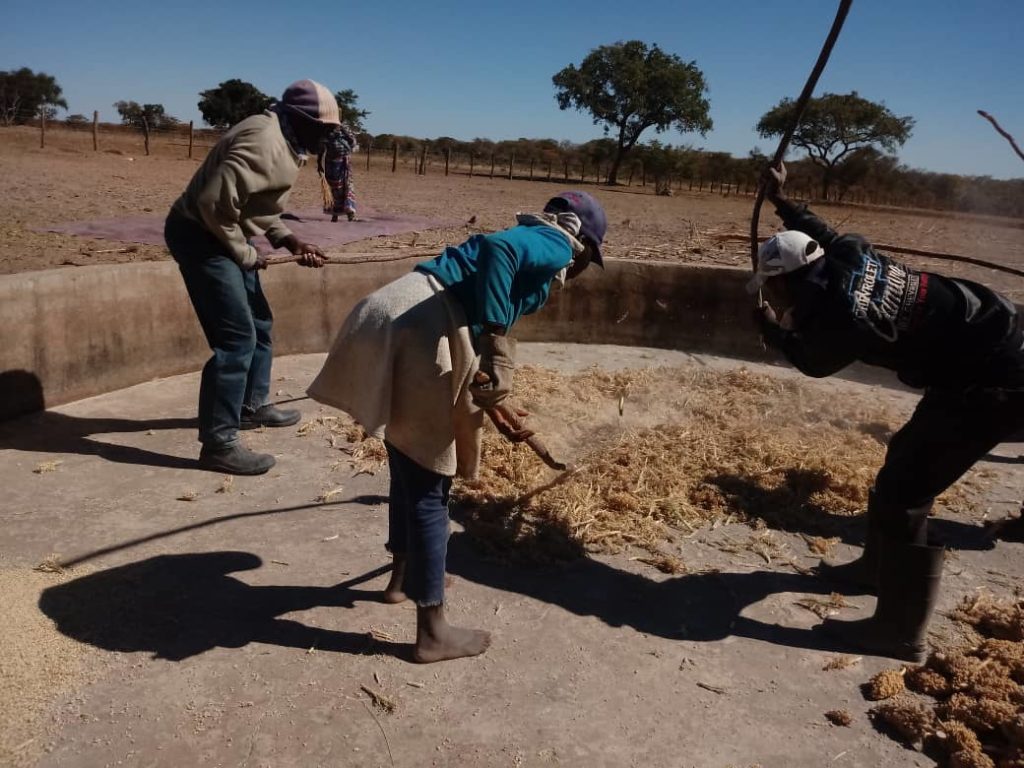 21Apr, 22
21Apr, 22 Peasants in Zimbabwe revive stagnant farms through agroecology
A recent report from the African Food Sovereignty Alliance (AFSA) details how peasants managed livestock in specific ways that would feed the soil rather than trample it.
 21Apr, 22
21Apr, 22 A recent report from the African Food Sovereignty Alliance (AFSA) details how peasants managed livestock in specific ways that would feed the soil rather than trample it.
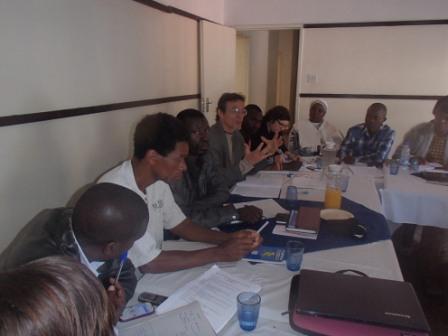 01Apr, 22
01Apr, 22 ZIMSOFF organized a preparatory meeting on the 2nd of June to discuss the implications of the new regional seed policies, the Common Market for Eastern and Southern Africa (COMESA), Southern African Development Community (SADC) and Africa Regional Intellectual Organisation (ARIPO) namely the seed policy harmonization and Plant Variety Protection (PVP), on the smallholder farmers in Zimbabwe.
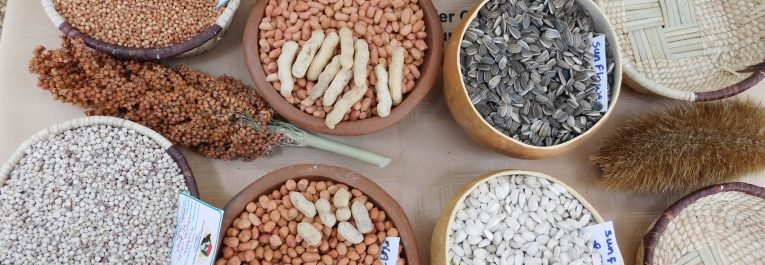 08Nov, 21
08Nov, 21 The study reports that smallholder farmers play a critical role in the maintenance and stewardship of biodiversity, including agricultural biodiversity.
 08Nov, 21
08Nov, 21 This conversation was part of the Hunger for Justice series from A Growing Culture. View the full broadcast at: www.agrowingculture.org/hfj/food politicsfood
 08Nov, 21
08Nov, 21 Demand for foods based on traditional crops, with a clear link to local culture, is increasing in Zimbabwe. With this, Elizabeth Mpofu’s message is clear: policy needs to protect traditional crops and varieties,
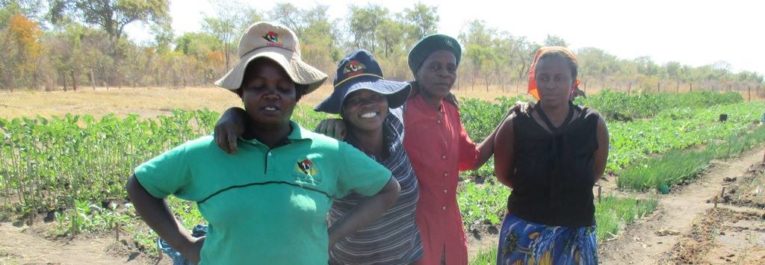 01Nov, 21
01Nov, 21 First published in Farming Matters | 32.3 | September 2016 20 SEPTEMBER 2016 Social integration and cohesion provide a foundation for society to tackle various issues, including gender inequality. Learning and sharing, at the core of agroecology, provides women with the space to meet regularly and mobilise for various issues including equality. Cohesion is strengthened through, for example, horizontal learning exchanges and by keeping cultural and religious practices alive with rituals and ceremonies. This creates social conditions that erode patriarchal barriers: women are mobilised and the sil …
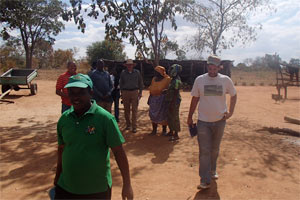 02Oct, 13
02Oct, 13 While it is now widely acknowledged that a smallholder-based, agro-ecological food production system is the best way to eradicate hunger and to reduce the impact of agriculture on climate change